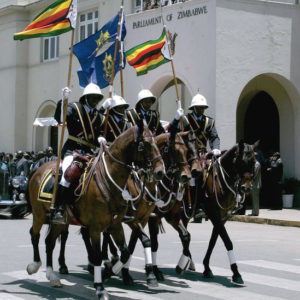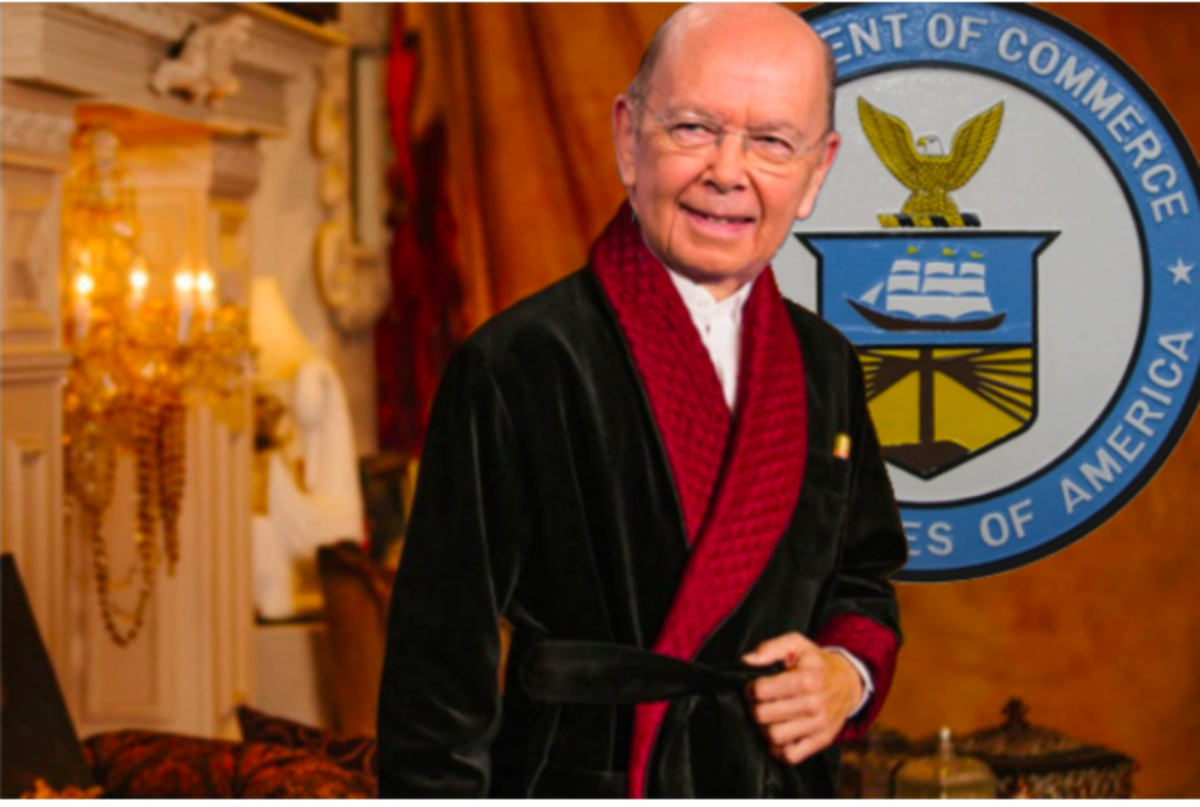
Kawhi Leonard (Photo by Kyle Terada-Pool/Getty Images)
Two-time NBA Finals MVP. Living proof that one transcendent player can change the fortunes of a franchise by willing it to its first championship. Perhaps the most coveted free agent in a summer where basketball free agency has hit levels of attention and discussion heretofore unseen. Kawhi Leonard’s list of professional accomplishments, as well as his personal legend as one of a handful of stars capable of delivering championships, continues to grow. In fact, you could say that his decision (and the level of interest preceding it) this past summer to forego a return to the champion Raptors in favor of a fresh start with the Clippers confirmed his status in the pantheon of current NBA stars. The one-namers if you will… Kawhi, Lebron, Steph, Kyrie, etc. (What they all share in common? Lucrative sneaker deals showcasing their personal line of kicks.)
But Kawhi’s exploits this summer have not been limited to deciding which team will enjoy his services for the next few years. Now that the hubbub around his free agency decision has started to die down a bit, more attention is being paid to an interesting copyright case between the player and his former sneaker sponsor, Nike. As a preliminary matter, it is good to remind ourselves just how important sneaker contracts are to players, as well as to the shoe companies that offer them. The relationship between star players and sneaker companies starts well before players become stars, with sponsorships of AAU and college teams. It continues when players reach the NBA, with shoe companies vying to tie-up high draft picks in the hopes of locking in the next major star. Needless to say, the numbers are staggering, both in terms of payments to star players and the influence those players have on the purchasing decisions of sneaker customers.
In fact, it was a sneaker contract, not basketball salary, that propelled Michael Jordan into the ranks of billionaire and NBA owner. Likewise, today’s stars know how important their imprimatur is on keeping a sneaker company’s fortunes on the upswing. A transcendent star can even make a brand relevant to youngsters single-handedly, as the case of Steph Curry and Under Armour proves. To that end, star players each have a distinctive logo, prominently emblazoned on merchandise sold in their names. Against this backdrop, it is easy to understand why the recent separation between Nike and Kawhi Leonard has turned acrimonious, with the split between the two parties leading to an IP dispute between them.
There would be no dispute, of course, absent Kawhi’s decision to try and do for New Balance what Curry has done for Under Armour. Namely, to utilize his personal star power to kick off the basketball fortunes of a brand outside the traditional power structure for basketball sneakers. If successful, the potential rewards for both Kawhi and his new sponsor are significant. At the same time, Kawhi wanted to bring over more than just his name from Nike. He also wanted to bring over his logo (seen in this article about the case), which he has already affixed to items since leaving Nike. Unsurprisingly, Nike has said that it owns the actual logo, consistent with its registering of the copyright in the logo without notifying Kawhi that it had done so.
As with any copyright dispute, it is important that we consider exactly each side is claiming it owns. On Nike’s end, it contends that it owns the copyright in the stylized “claw” logo that its designers created based on a rough draft supplied by Kawhi himself. Nike argues that Kawhi himself has previously conceded that Nike’s designers deserve the credit for the logo — consistent with Kawhi’s prior agreement that Nike would own the rights to anything created in the course of its sponsorship. As for the rough draft of the logo? Nike makes no claim to that “artwork” and concedes that Kawhi is free to use it without restriction.
In contrast, Kawhi argues that he owns both the rough draft and the now-copyrighted logo. He complains that Nike registered the copyright without telling him and argues that he should be free to use the logo as he sees fit. In effect, he is arguing some kind of ownership in the idea of a claw logo associated with his name, even though copyright doesn’t protect ideas. Nor does his argument that he shouldn’t be bound by his agreement that Nike owns IP around his sponsorship carry much water in my view. That said, there is still a good chance that the case will settle, because of the business realities Nike faces in terms of having to maintain a player-friendly orientation, even if Kawhi himself has already left Nike’s employ. As with most copyright cases, there is apparent room for compromise on a revised artwork that Kawhi could use going forward. Whether that settlement will happen early or later in the case is as of now unclear. But a settlement of some kind remains likely.
Ultimately, this case provides a good set of lessons for athletes and celebrities, especially when it comes to the IP ramifications of their dealings with more sophisticated sponsors. At minimum, they should develop some level of IP literacy so that they are not left regretting agreements that they may have made while caught up in the understandable excitement of having landed a sponsorship deal. Whether they develop that literacy on their own or in concert with having experienced IP counsel to guide them is their decision. Doing so as early as possible, however, will go a long way towards helping them avoid disputes like the one Kawhi finds himself him. At this point, whether or not he will be able to claw back his logo from Nike is unknown. But he could have given himself a hand by thinking through his potential IP issues before he signed his contract, rather than waiting until after he walked away. As for Nike? They are proving that they won’t let copyrights get clawed away without a fight.
Please feel free to send comments or questions to me at gkroub@kskiplaw.com or via Twitter: @gkroub. Any topic suggestions or thoughts are most welcome.
Gaston Kroub lives in Brooklyn and is a founding partner of Kroub, Silbersher & Kolmykov PLLC, an intellectual property litigation boutique, and Markman Advisors LLC, a leading consultancy on patent issues for the investment community. Gaston’s practice focuses on intellectual property litigation and related counseling, with a strong focus on patent matters. You can reach him at gkroub@kskiplaw.com or follow him on Twitter: @gkroub.



 Kathryn Rubino is a Senior Editor at Above the Law, and host of
Kathryn Rubino is a Senior Editor at Above the Law, and host of 













 Tyler Broker’s work has been published in the Gonzaga Law Review, the Albany Law Review, and is forthcoming in the University of Memphis Law Review. Feel free to
Tyler Broker’s work has been published in the Gonzaga Law Review, the Albany Law Review, and is forthcoming in the University of Memphis Law Review. Feel free to